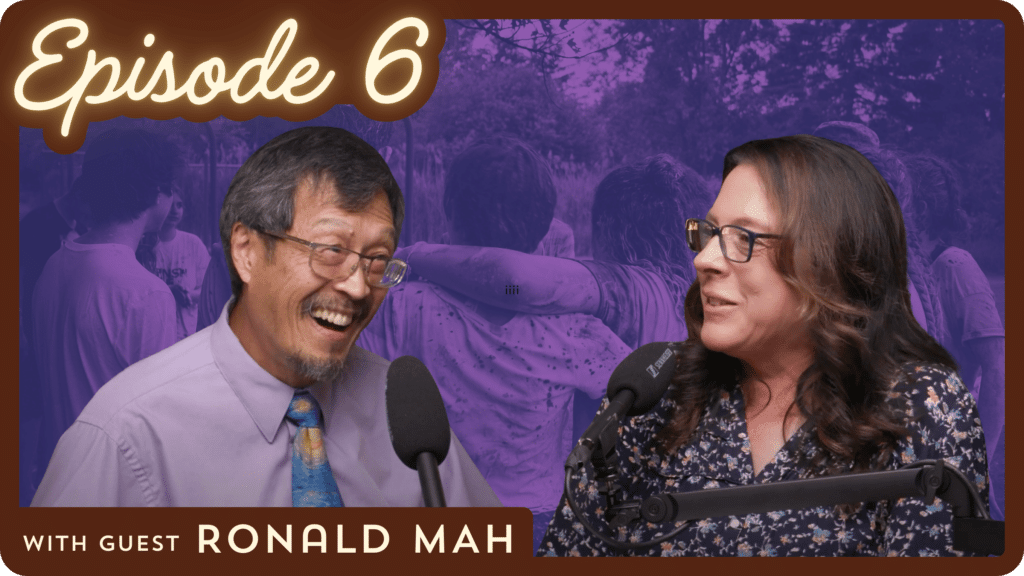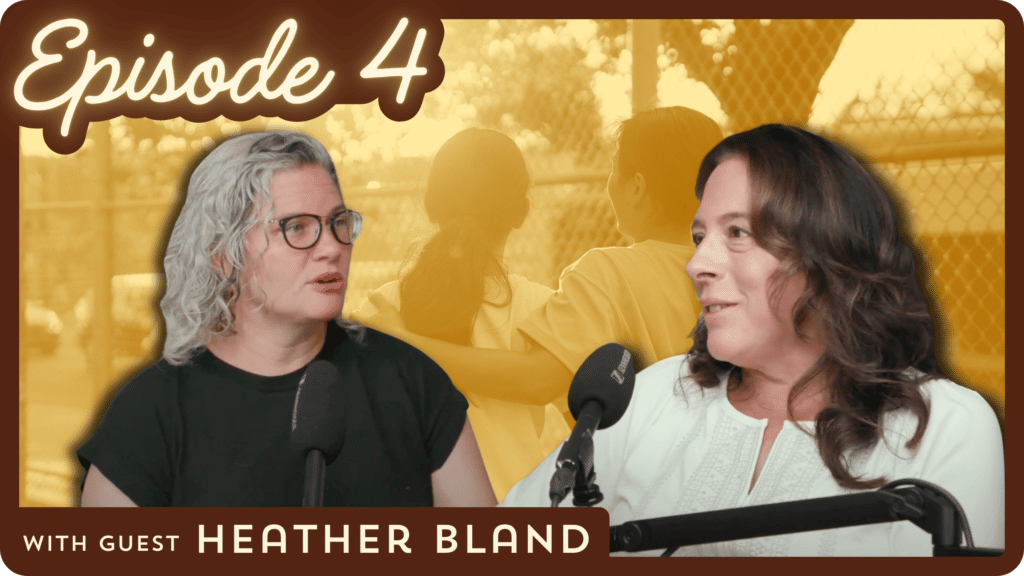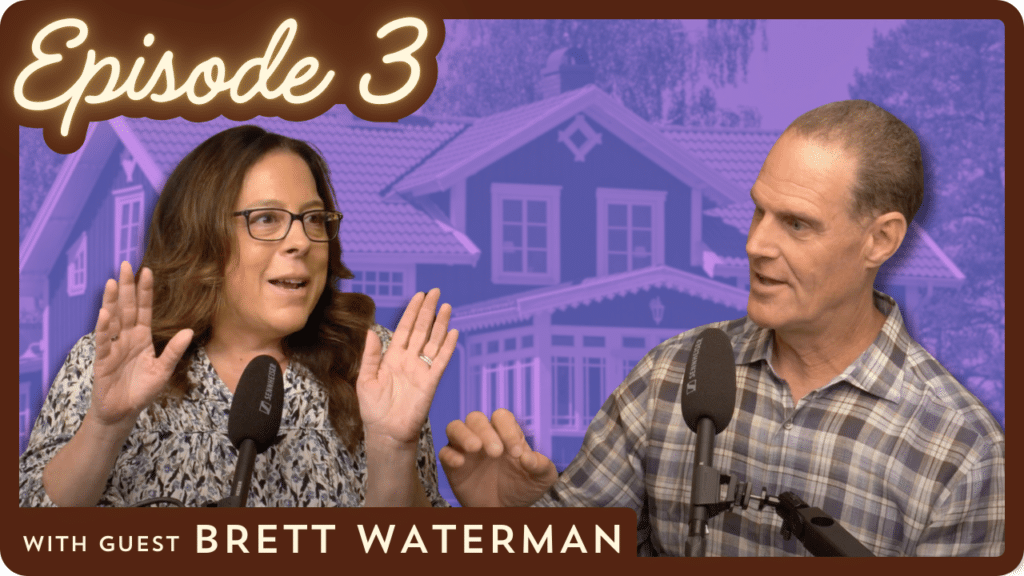What does Halloween bring up for you?
Halloween. In its most benign versions of a holiday, Halloween is a day to dress up and pretend to be someone or something else. Children collect candy from participating neighbors, at trick or treats or themed events.
In the weeks leading up to 10/31 it seems like just about everywhere reminds us that Halloween is coming. We see the billboards, the advertisements, the merchandise, movies, and costumes. Horror is featured and invites us to participate in this theme. Many of us have been an involuntary witness to or experienced horrific trauma in our lives. What is it like for someone with these experiences to see horror fantasized and made light of? Is trauma triggered when we see costumes, merchandise, or movies? Does Halloween activate our startle response? Do we experience nightmares? What about avoidant behavior? How do you cope with friends who want to scare you? How do you handle a situation where your friends want to get together and watch a horror flick? Are you able to communicate your discomfort and be understood? Or do you respond with something along the lines of, “yah, I’m just not into scary movies”. How does not being able to tell your friends why you don’t want to watch the movie impact you? Do you feel lonely or become avoidant socially? On Halloween, do you fear strangers approaching your door? Does the holiday make you feel unsafe in your own home? People participating in the holiday often scream and scare each other throughout the night. But for someone who has experienced a horrific trauma, hearing screams of pretending can sound real and trigger a trauma response.
As the season for Halloween approaches, do you notice any changes in your mood or behavior? If you do, what are you doing to cope? Are your coping patterns healthy and sustainable? A common response to trauma reminders is to avoid the reminders at all cost. We may do this by using substances to quiet those uncomfortable thoughts and feelings. Avoidance can also look like removing yourself from anything that reminds you of the trauma. This can include activities and events that your friends and family may be participating in.
Not only can a therapist or psychologist support you in processing the trauma, she can also help you strengthen your communication and coping skills. It can be scary to imagine doing that kind of work with someone you don’t know. Therapists are trained to go at your pace and meet you where you are, one step at a time. With this type of therapeutic work, it is so important that you feel comfortable and connected with your therapist. Many people have found that it takes several sessions to start developing that therapeutic relationship.
Stay Updated With The Most Recent News & Blogs From Soultenders.
Get blog articles and offers via email










